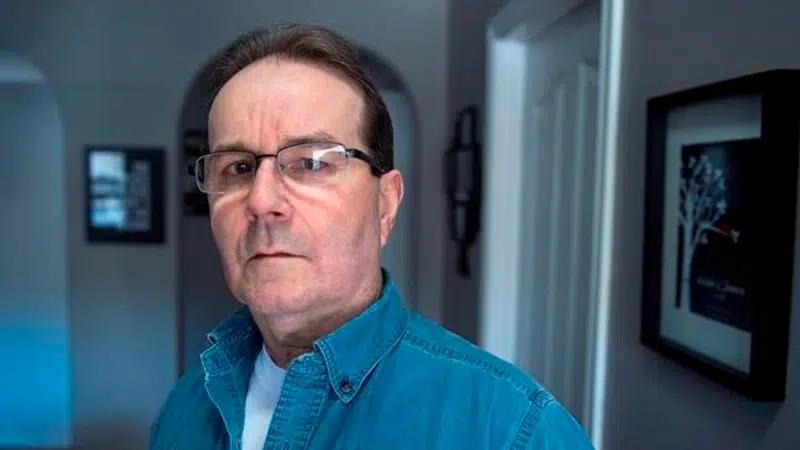
Murder conviction quashed for N.S. man who spent almost 17 years in jail
HALIFAX — The murder conviction that led to Glen Assoun’s imprisonment for 17 years was quashed Friday by the federal justice minister, who concluded the Nova Scotia man must be granted a new trial because he was a victim of a miscarriage of justice.
David Lametti’s decision says a federal inquiry determined “relevant and reliable information” was never provided to Assoun during his trial in 1999.
“Promoting a fair and impartial criminal justice system that respects the needs of victims while protecting against potential miscarriages of justice is crucial to furthering Canadians’ confidence in our justice system,” Lametti said in a statement.


